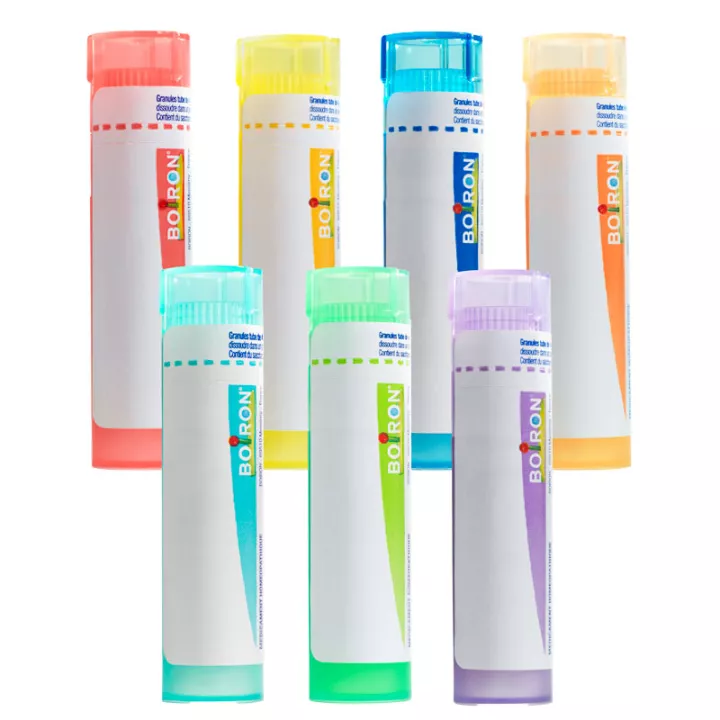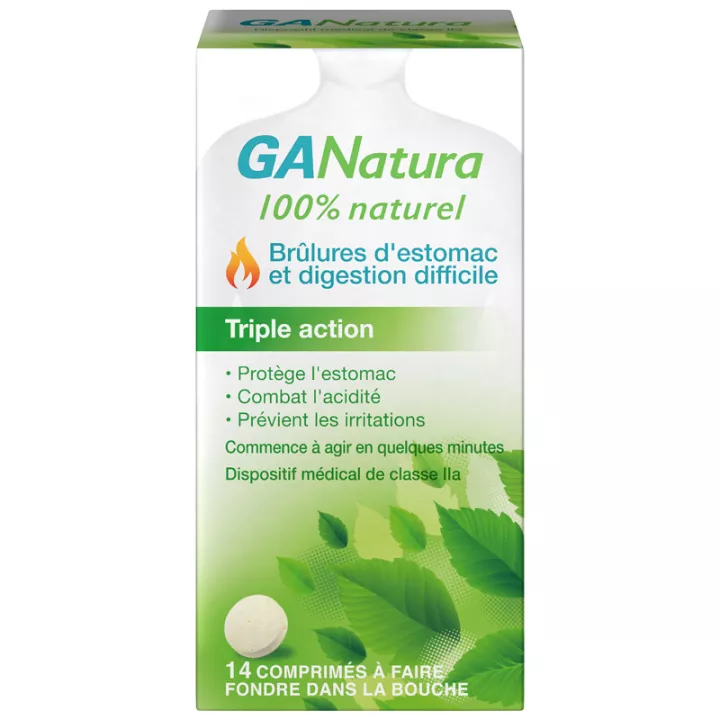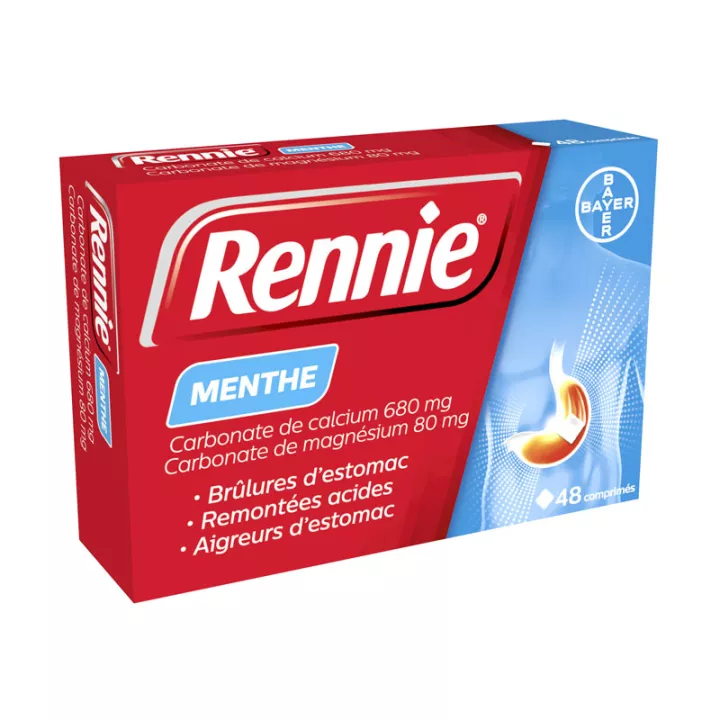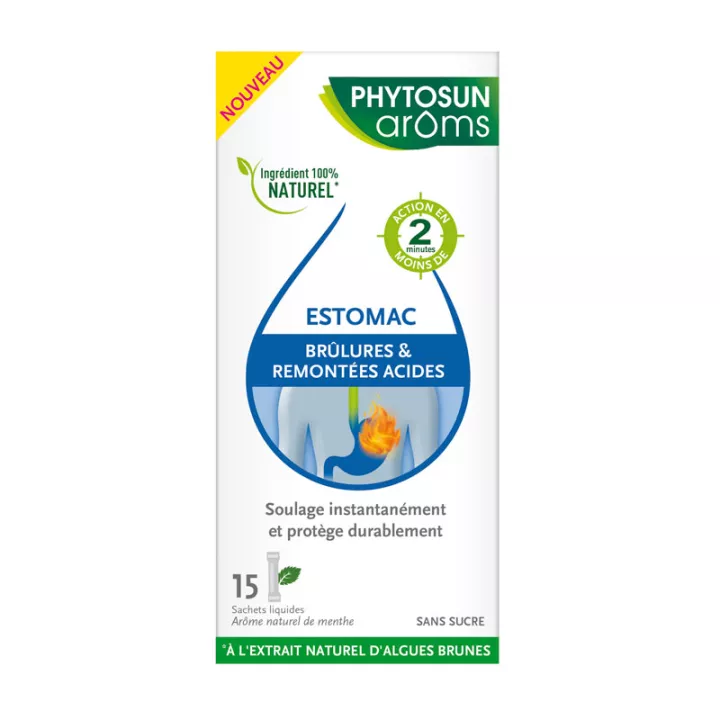Allium Sativum in Homeopathy: Composition, Indications and Method of Administration
Allium Sativum is a homeopathic strain obtained from garlic and used in a variety of therapeutic contexts. This technical analysis describes in detail the form, indications and administration of this homeopathic medicine.
Homeopathic use of Allium Sativum offers a therapeutic solution for dyspepsia, chronic bronchitis and coxarthrosis pain. Understanding its origin, therapeutic indications and administration guidelines is essential for safe and effective use. As with all homeopathic medicines, medical consultation may be necessary to ensure that treatment is appropriate for the patient's specific symptoms.
Origin and Composition of Allium Sativum Homeopathic Strain
Source of the strain
Allium Sativum is derived from garlic, a member of the Alliaceae family. The mother tincture is prepared from the bulb containing the cloves.
Characteristics and excipients
Allium Sativum granules and globules are based on sucrose and lactose. Certain excipients may be present.
Allium Sativum 4CH, 5CH, 7CH, 9CH, 15CH Granules homéopathie Boiron
Therapeutic indications of Allium Sativum
Allium Sativum is mainly indicated to treat various ailments:
Dyspepsia
- Symptoms: Particularly in heavy eaters and meat lovers, suffering from heartburn and profuse salivation.
- Treatment: Allium Sativum 5 CH: 5 granules before meals for 1 month.
Chronic bronchitis
- Conditionswhere applicable: Particularly in patients with dyspeptic disorders.
- Correlation: A close link with digestive disorders.
Coxarthrosis pain
- Location: Osteoarthritis of the hips.
- Symptoms: Pain aggravated by changes in weather and movement.
- Treatment: Allium Sativum 7 CH: 5 granules morning, noon and evening for 1 month.
Digestive disorders
- Patient Profile: Big eater.
- Symptoms: Stomach heaviness, aerophagia, gas, flatulence (after eating meat) and abundant salivation with pale tongue.
- Treatment: Allium Sativum 5 CH, 3 granules before meals.
Chronic bronchitis
- Context: Chronic bronchitis or superinfected asthma in a corpulent person.
- Symptoms: Abundant secretions.
- Aggravation: Upon awakening.
- Treatment: As indicated, dilute between 4 CH and 7 CH.
Hip pain
- Symptoms: Pain aggravated by thigh movements, climatic changes and damp cold.
- Treatment: Other indications Allium Sativum 7 CH, 3 granules 3 times a day.
Homeopathic medicines Tubes granules or globular doses can be used for a variety of symptoms, so it's not possible to determine the indications and dose of a specific preparation.
The homeopathic physician selects the appropriate medicine, dilution and dosage according to the patient's state of health and characteristic symptoms.
Directions for use
Remove tab, invert tube and pull cap slightly.
Turn the tube to drop the desired number of granules into the cap, then place the granules under the tongue.
Do not touch the granules or globules with your fingers.
The globules in the dose tubes are absorbed in one go, dissolving slowly under the tongue. If no dose is available, take 10 granules of the same dilution.
Do not take astringent substances such as coffee, tobacco, camphor, mint or chamomile within half an hour of taking homeopathic medicines.
Use mint-free toothpaste (such as Homéodent Boiron, which is compatible with homeopathic granules).
Administration and Precautions
When and how to take it
- Administration: Not with meals, tobacco, coffee or mint.
- Method: Let the granules melt under the tongue.
Pregnancy and breast-feeding
This medicine can be used during pregnancy and breast-feeding without any particular restrictions.
Advice and recommendations
- Medical consultation: In the absence of rapid improvement, consultation of a doctor is recommended.
- Hygienic-Dietetic Recommendations: To be taken into account, particularly in cases of gastro-oesophageal reflux.
Packaging and contents
Translucent granule tube (for visualizing remaining granules).
Each tube color corresponds to a dilution
yellow 4CH green 5CH red 7CH blue 9 CH water green 12CH orange 15CH mauve 30CH
Weight 4g. Approx. 80 granules.
Allium Sativum: Homeopathic Virtues and Applications
Allium Sativum, commonly known asCultivated Garlic, is a medicinal plant renowned for its many health benefits. This homeopathic strain, listed in the French and European Pharmacopoeia, is distinguished by its plant origin and varied therapeutic applications. With registration number EH00054, Allium Sativum has been integrated into the regulatory framework, guaranteeing its safe, supervised use in medicine. This article describes the characteristics, preparation methods and benefits of Allium Sativum as a homeopathic remedy.
Botanical and medicinal profile
Cultivated garlic is a plant belonging to the Liliaceae family. For thousands of years, it has been used in cooking and traditional medicine for its antiseptic and antibacterial properties, and for its positive impact on the cardiovascular system. In homeopathy, Allium Sativum is valued for its ability to treat a wide range of ailments naturally and gently, without the side effects often associated with conventional medicines.
Availability and forms of preparation
Allium Sativum's versatility is reflected in its availability in a variety of forms:
- Doses and Tubes: This strain is available in doses (9 CH, 15 CH, 30 CH) and tubes (4 CH, 5 CH, 7 CH, 9 CH, 15 CH), offering a range of dilutions to meet the specific needs of each patient. These formats facilitate administration and ensure precise dosage.
- Magistral preparations: In addition to the predefined forms, Allium Sativum can be magisterially prepared, with Hahnemannian dilutions available from 2 CH upwards. This personalized option enables treatment to be tailored to each individual's specific conditions, underlining the individualized approach of homeopathy.
Therapeutic applications
The benefits of Allium Sativum in homeopathy are vast, touching on various aspects of health. Its main indications include treatment of circulatory disorders, blood pressure regulation and immune system support. Its ability to act as a natural remedy against certain infections and inflammations also makes it a preferred choice for patients seeking holistic alternatives.
Boiron non-proprietary medicines
The availability of Allium Sativum under the Boiron brand name testifies to its importance and reliability as a homeopathic medicine. These preparations, available in various dilutions, enable targeted and adapted application, reinforcing the role of homeopathy in integrated health management.
A Traditional Remedy in Modern Practice
Allium Sativum occupies a prime position in the homeopathic therapeutic arsenal, thanks to its unique properties and broad spectrum of application. Its inclusion in the French and European Pharmacopoeia, and its availability in multiple forms and dilutions, attest to its efficacy and safety in use. Cultivated Garlic continues to prove its worth, combining tradition and innovation to offer a natural, personalized alternative to today's health needs.
Caution for use
Warning
Contains sacchararose.
Keep homeopathic medicines away from light, heat, humidity and all sources of fumes and fragrances.
Giving homeopathic granules to babies and children
For granules or alcoholic drops, dissolve in 100ml of water. Granules take a very long time to dissolve, so you'll need to prepare your mixture in advance.
Homeopathy and pregnancy
Homeopathic medicines have no chemical toxicity, no contraindications, no interaction with other drugs, and no adverse effects linked to the quantity of product ingested. Pregnant women can take homeopathic medicines with no known risk to themselves or their unborn child, but it is advisable to seek advice.
Frequency of homeopathic use
For acute conditions, homeopathic remedies should be taken every hour until symptoms improve. From then on, they should be taken 3 or 4 times a day, spaced out, and then gradually stopped.
For chronic conditions, low-dilution remedies (> 9CH) should be taken 1 or 2 times a day, while basic remedies should be taken once a week, or even once a month. This decision is left to the homeopath.
What to do if there is no improvement within 24 hours
Certain pathologies cannot be treated with homeopathy simply by self-medication. Their seriousness requires medical advice, which can be given by a homeopathic doctor. This doctor will judge whether your condition can be treated with homeopathy alone, or whether your treatment needs to be supplemented with allopathic medicine.















